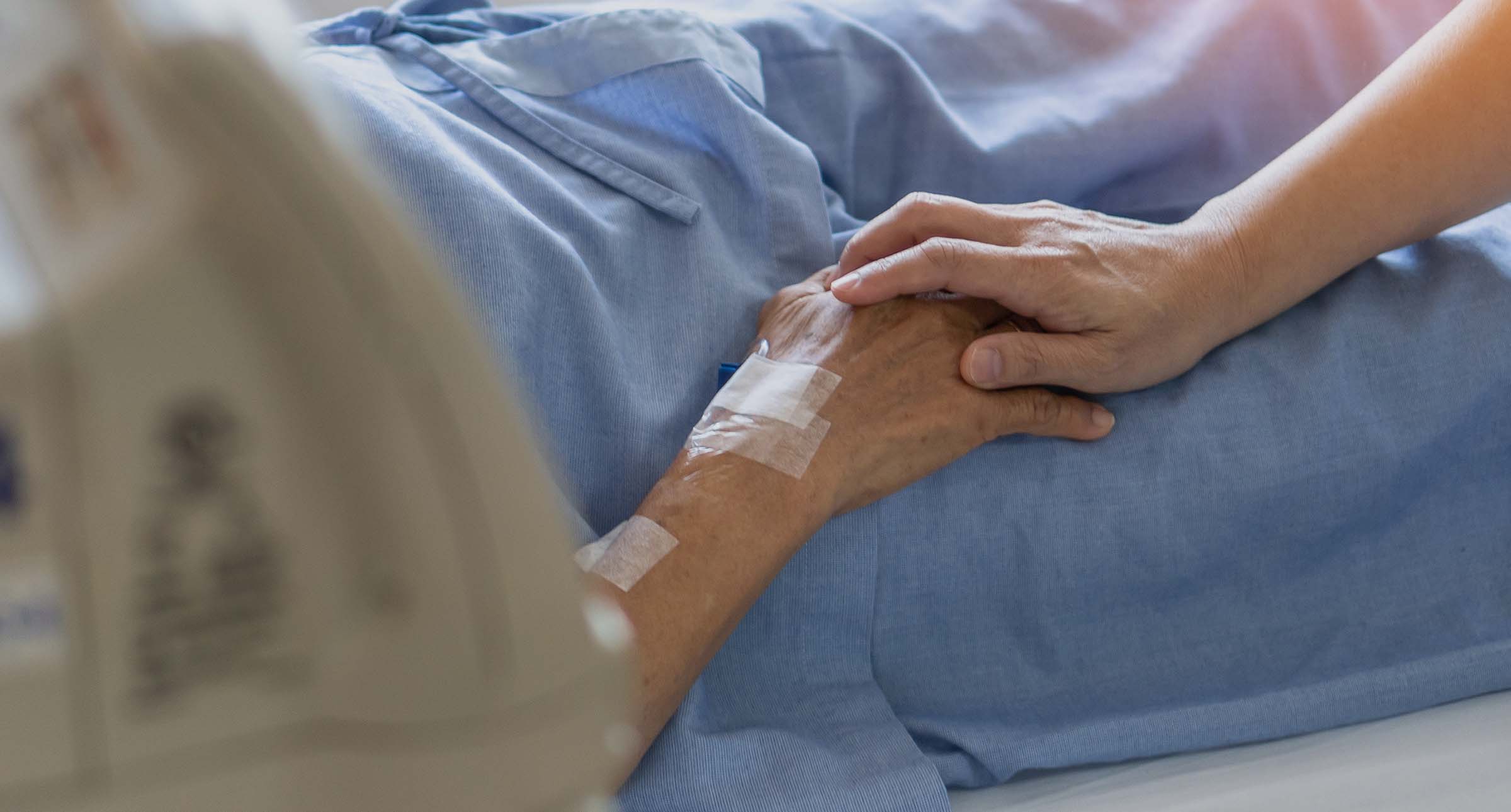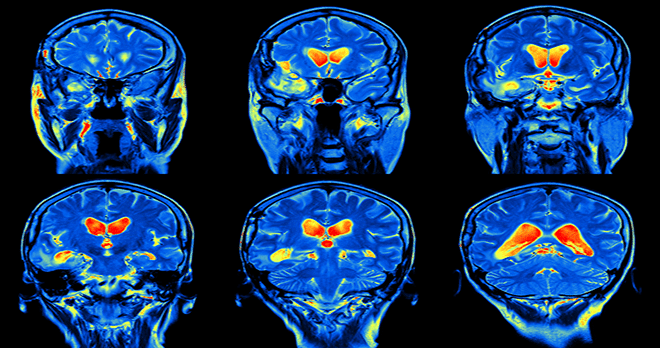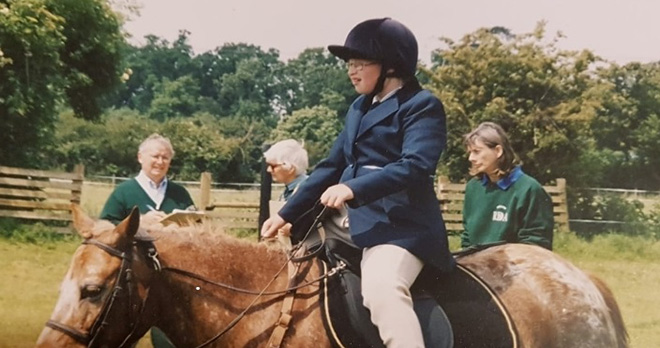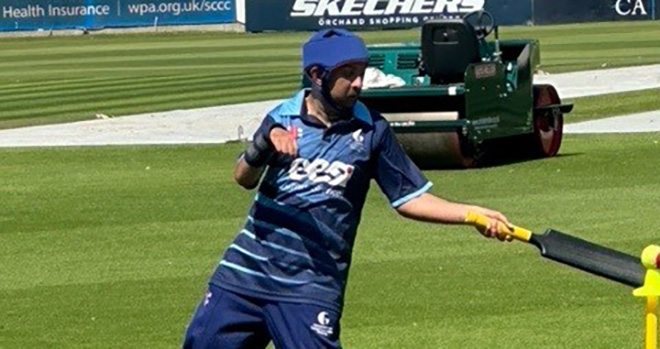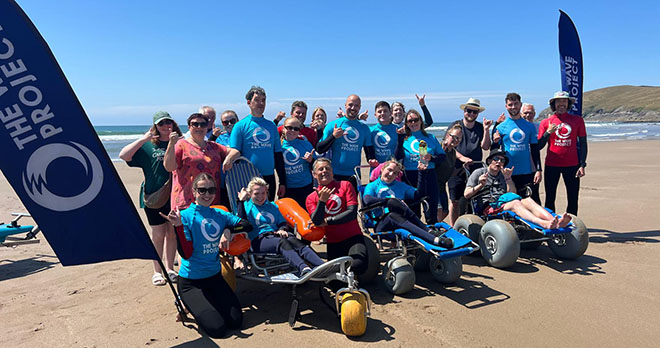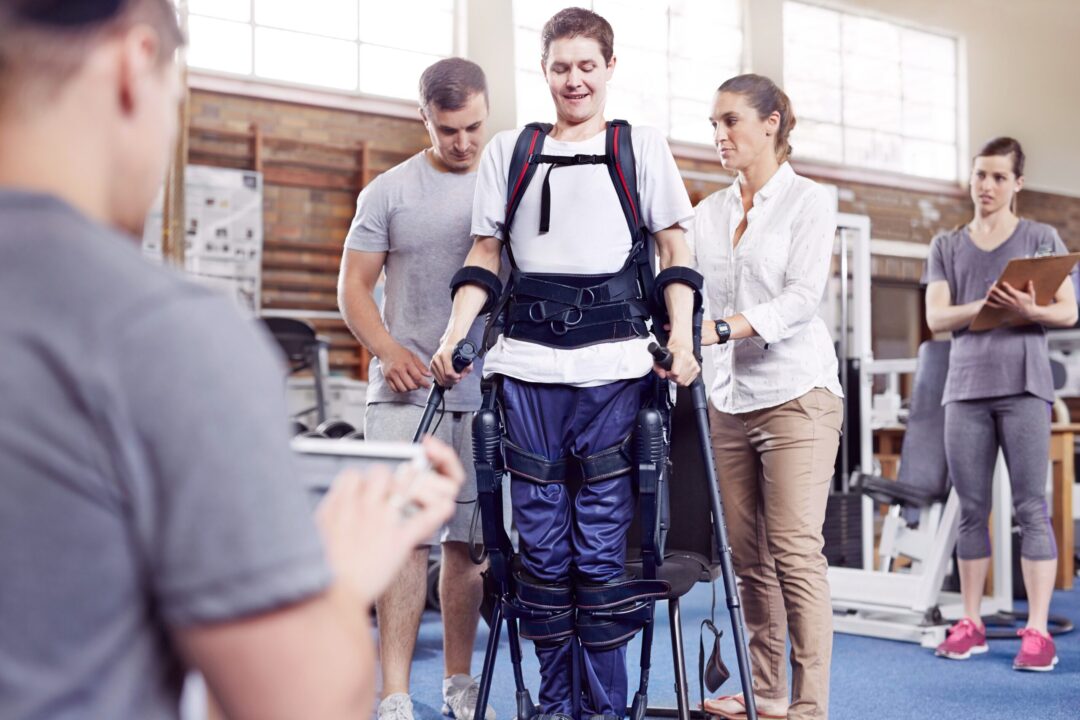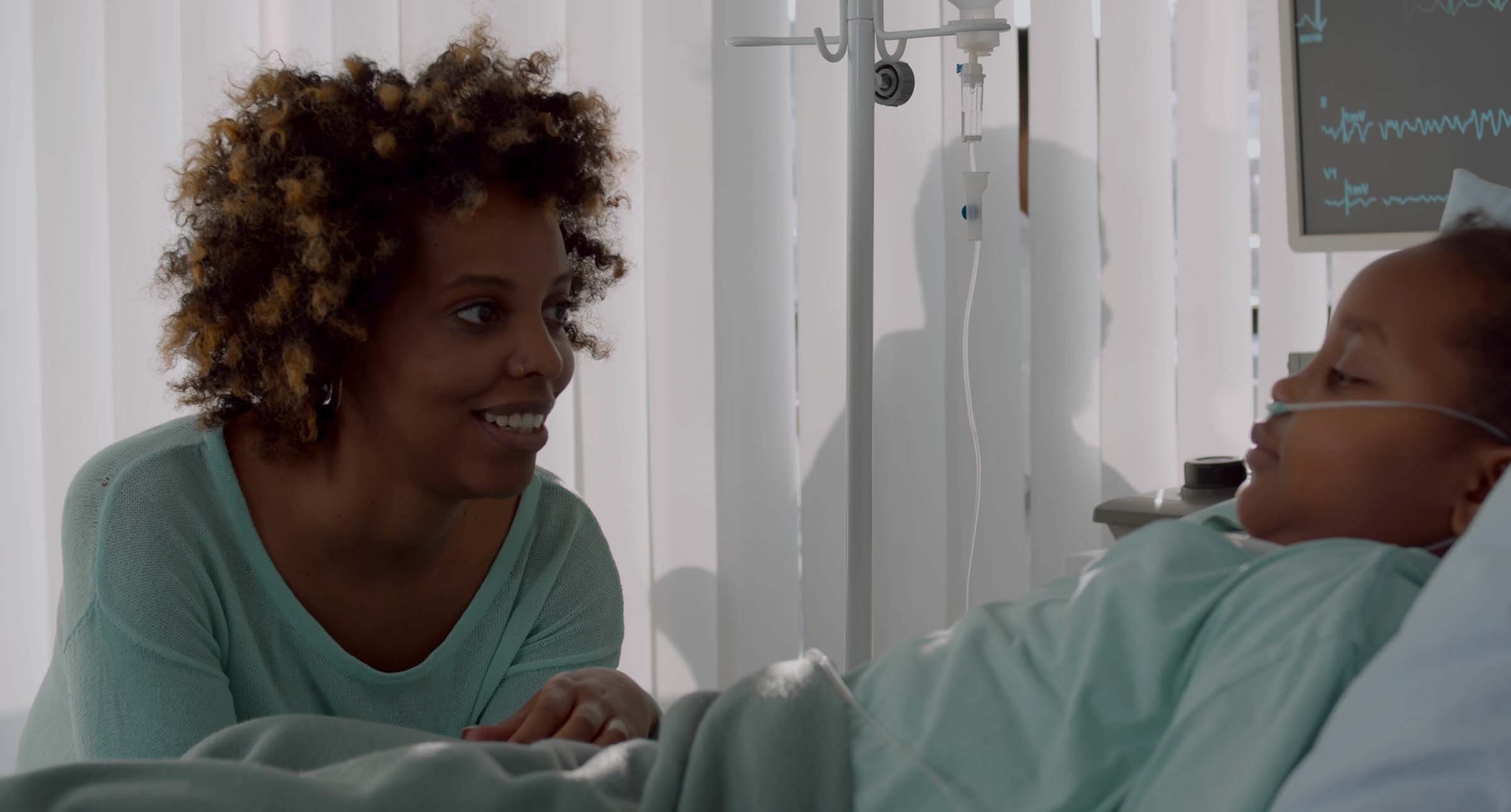Over £1 million secured for stroke as a result of negligent hospital care
B was a healthy 27 year old when he was diagnosed with a severe flu virus. He became very ill and was admitted to ITU, and was in such a poor condition that he was transferred to another hospital where a bypass machine was used to help oxygenate his blood for several days, together with blood thinning medication.
Two days after this treatment ended, B opened his eyes but he was not moving all four limbs. These signs of a stoke were not investigated further. His left sided limbs went on to become noticeably weak and the fingers on his right hand were starting to turn black.
Over the next few days B was unable to move the left side of his body. A CT scan then revealed that he had suffered a stroke and a brain haemorrhage and at this point the blood thinners were stopped. Despite this finding, he was not seen by a stroke physician for almost a month and would remain an inpatient for the next two and a half months. He was left with lasting problems, both physical and psychological.
It was our case on behalf of B that had he undergone a CT scan when the signs of a stroke should have been noted, the worst effects of his stroke would likely have been avoided. We also alleged that there was a failure to provide appropriate stroke/neurological rehabilitation which would have greatly accelerated his recovery and led to a better outcome. Whilst no admissions were made in respect of any negligence, a settlement was achieved for B.
How the stroke changed B’s life
For the first few months, B’s wife was a full-time carer. She did everything for B and reduced her hours at work to do this. The amount of care B needed reduced over time but he will always need help and support with his physical and emotional needs.
Activities like bike riding, swimming or even using a games console are now impossible without adaptations and support because B has limited use of his left side. Once handy about the house, he now has to employ people to do the simplest of maintenance tasks. Although he can dress himself, this is largely because his wife has adapted many of his clothes to make this easier. He could not hold his baby daughter and care for her as he would have wanted.
Whilst he was lucky to have a very supportive employer, his career prospects have been limited by the effects of the stroke. He is both fatigued by his symptoms and his symptoms are exacerbated by.
How we helped B
We sat down with B and his wife and spoke at length about all the care and support she had been providing for B. Families often don’t realise that they are able to claim damages not only for lost earnings but also for those extra hours of care that family members provide free of charge. In addition, all those extra journeys to and from medical appointments and the aids and equipment bought out of pocket can be claimed as past losses, as well as any money spent on household maintenance or gardening services as a consequence of a client’s reduced ability to do the things they once could.
We also sought advice from a range of experts from physiotherapists, neurologists, occupational therapists, neuropsychologists, a stroke consultants and an architect in order to calculate B’s needs past and future.
Taking all these elements into account, we were able to secure over £1 million for B. This will ensure that his extra needs are met throughout his life and will enable him to live as full a life as he possibly can given his changed circumstances.
If you think you have suffered an injury as a result of medical negligence, contact our enquiries team to find out if we can help you seek compensation.
Call now


